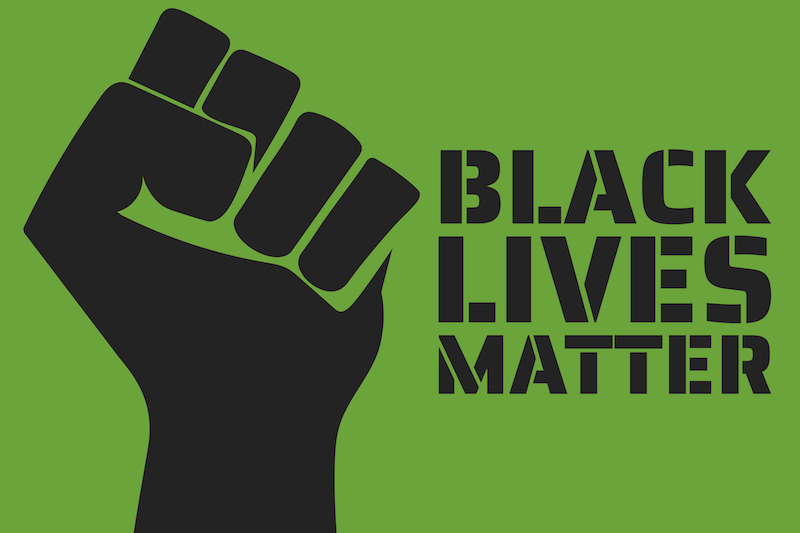Features
Cannabis and Colour: Part 3
Published on July 30, 2020 by Curtis Woodcock

Thus far, many of Canada’s top cannabis companies have not come out in support of the Black Lives Matter movement. Here is a list of some of the top companies in Canada and their responses to the Black Lives Matter movement:
Canopy Growth Corporation: In addition to the response covered in the previous instalment, they have also attended events, such as the Black North Initiative. CEO David Klein and Chief Advocacy Officer Hilary Black were in attendance. On their social media, they commit to “increase the representation of Black, Indigenous, and People of Colour” at every level of their employee base, “with an emphasis at the top.”
Cronos Group: There has been no public response on their website or Facebook Page at the writing of this article.
Aphria: There has been no public response on their website or Facebook Page at the writing of this article.
Aurora: There has been no public response on their website at the writing of this article.
Tilray: They have a response that was published back on June 4. To summarize, the CEO is personally acknowledging the recent murders by police in the states. He uses the victim’s names, recognizes his privilege as a white male, and vows to support the black community. He also calls out the wrongs of cannabis prohibition and is actively wanting to write these wrongs. It takes more than a written statement, but out of the top five companies in Canada, only Tilray and Canopy have openly shown support at this time.
As previous instalments have illustrated, it is pertinent for companies within the cannabis industry to acknowledge and support the Black, Indigenous, and Brown members of their communities going forward.
• Column: Cannabis and Colour Part 1
• Column: Cannabis and Colour Part 2
As an industry rooted in racism and oppression, there has always been criticism of governments and white business owners profiting immensely from the cannabis industry. At the same time, so many Black, Indigenous, and Brown members are still imprisoned for cannabis-related charges.
Those with minor pot possession convictions are able to access expedited, no-cost pardons. Still, many remain imprisoned or barred from travel. This is hugely problematic in a country where cannabis is federally recognized as a legal substance.
While it is exciting that companies recognize their abilities and obligation to lift marginalized communities, there is still much work that needs to be done. More companies need to support not only the release of incarcerated Black, Indigenous, and Brown peoples, but also opportunities for them to flourish in the legal market that was only made possible by their contribution during prohibition.
Leave a comment on our Facebook page.
© Copyright 2020 Okanagan Z. | About the oz.
Report a Typo or Inaccuracy
We strive to avoid typos and inaccuracies. However, on occasion we make mistakes. We value your contributions and help in correcting them.